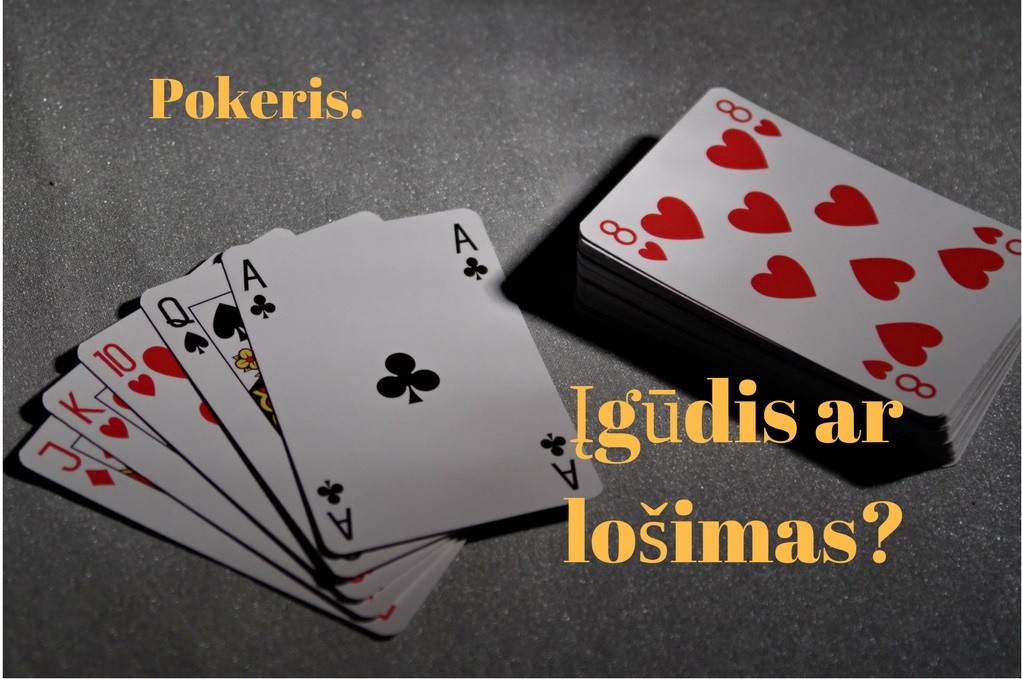Anyone who plays poker even a bit seriously understands that it is not gambling. To a professional, it may seem that this game is purely skill-based, and luck plays only a small part. How much poker is gambling (like what happens in casinos) depends not only on the game itself but also on the player. Poker[1] can become a sport not based on luck, but it is not always so.
The reader might be unclear why this can be the case. I think an analogy works perfectly here. Imagine two slot machines (the ones with handles and three spinning icons). The first is like those found in casinos – coins are inserted, the handle is pulled, and the result is unpredictable, although always tilted in favor of the house. The other machine allows checking the winning coefficients and probabilities. These change every time the handle is pulled. Both the first and the second slot machines can be played completely blindly; the strategy changes only if you want to win as much money as possible. When playing the first slot machine, the winning strategy is simply not to play. In the second case, a smart player can adapt to changing circumstances – by adjusting the potential coefficient and probability, it is possible to calculate the betting range.
It is quite obvious how this analogy relates to poker. It also shows that in poker, one can both gamble and participate as in a sport. It all depends on how well the player understands their odds, predicts the opponent's hand range, etc. The less known about poker mathematics and optimal strategy, the more poker resembles playing a slot machine.
The truth is, poker is a fundamentally skill-based game. This foundation does not change through any variation – Spin N' Go, N-max cash, etc. For example, although Spin N' Go requires much more aggressive play because there are fewer hands per tournament (in the Hyper Turbo structure), the optimal strategy knowing the odds and hand range still applies. The closest to turning poker into gambling is only Pokerstars Spin N' Go MAX, as the number of hands is limited after which all players are forced to go all-in. However, even Spin N' Go MAX does not turn poker into pure gambling.
Judging from the slot machine analogy, gambling arises when:
- Probabilities are unknown.
- The investment in winning is uncontrollable.
Precisely speaking, only (1) is enough, and the game will not be gambling. Even if we imagine a poker variation where there are only mandatory bets and a choice between all-in or fold, such a game would still be based on (minimal) skill. The winning strategy would always be to go all-in with some high range (AA-KK or more) and fold everything else. A player who plays non-optimally would approach pure gambling.
The second rule does not turn the game from gambling into sport, but it greatly expands the possibilities for skills to manifest. To create an optimal strategy, it is important not only to have (and predict the opponent's cards) but also the relative hand value and the potential amount of chips to be won against the possible risk.






